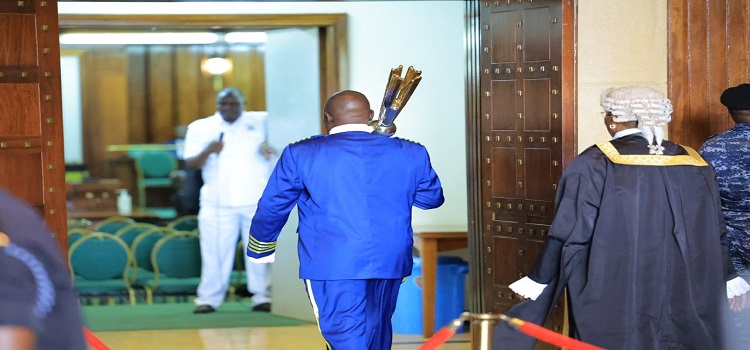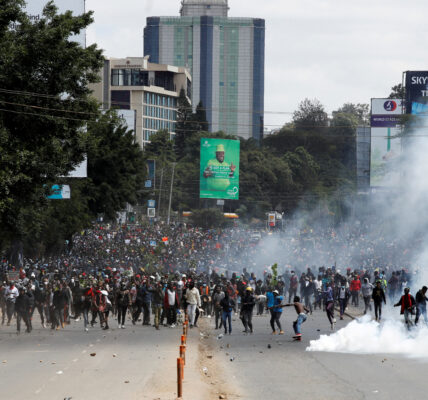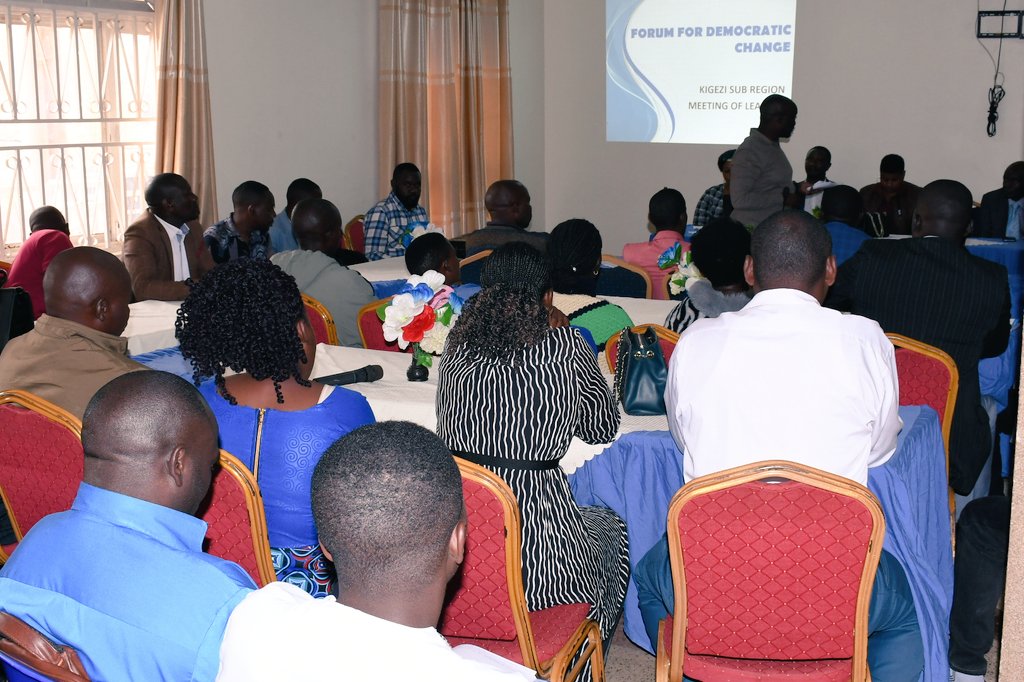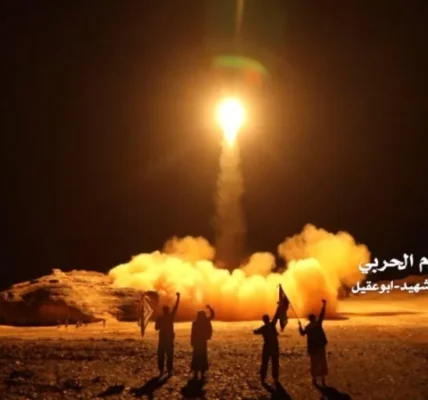A diplomatic row has erupted between Uganda and the United Kingdom following Britain’s decision to impose sanctions on three Ugandan politicians, including Parliament Speaker Anita Among, over corruption allegations. The move has sparked a heated exchange between the two nations, with Kampala condemning London’s actions as unwarranted meddling in its internal affairs.
The sanctions, which involve travel bans and asset freezes, have targeted Among and two other lawmakers, Karamoja Mary Kitutu and Agnes Ng’andu, who are facing charges in Uganda’s Anti-Corruption court for their alleged involvement in misappropriating resources from a government-funded housing project.
Britain’s sanctions are part of its broader anti-corruption efforts, aimed at combating financial wrongdoing worldwide. With 42 individuals and entities already sanctioned under this initiative, the UK asserts that its actions are necessary to uphold transparency and accountability in global financial systems.
However, Uganda has vehemently rejected these accusations, branding the sanctions as politically motivated and an infringement on its sovereignty. Kampala contends that London’s move is retaliation for Uganda’s enactment of anti-homosexuality laws, which drew condemnation from Western nations, including the UK.
Amidst escalating tensions, Uganda stands firmly behind Parliament Speaker Among, maintaining that she has not been found guilty of corruption by any domestic investigative body. Kampala views the sanctions as an attempt by London to exert undue pressure and interfere in its internal affairs.
As the diplomatic standoff intensifies, the rift between Uganda and the UK underscores the complexities of international relations and the challenges of balancing sovereignty with international obligations. With both sides refusing to back down, the repercussions of this confrontation extend beyond bilateral relations, raising broader questions about diplomatic norms and the limits of external intervention.






